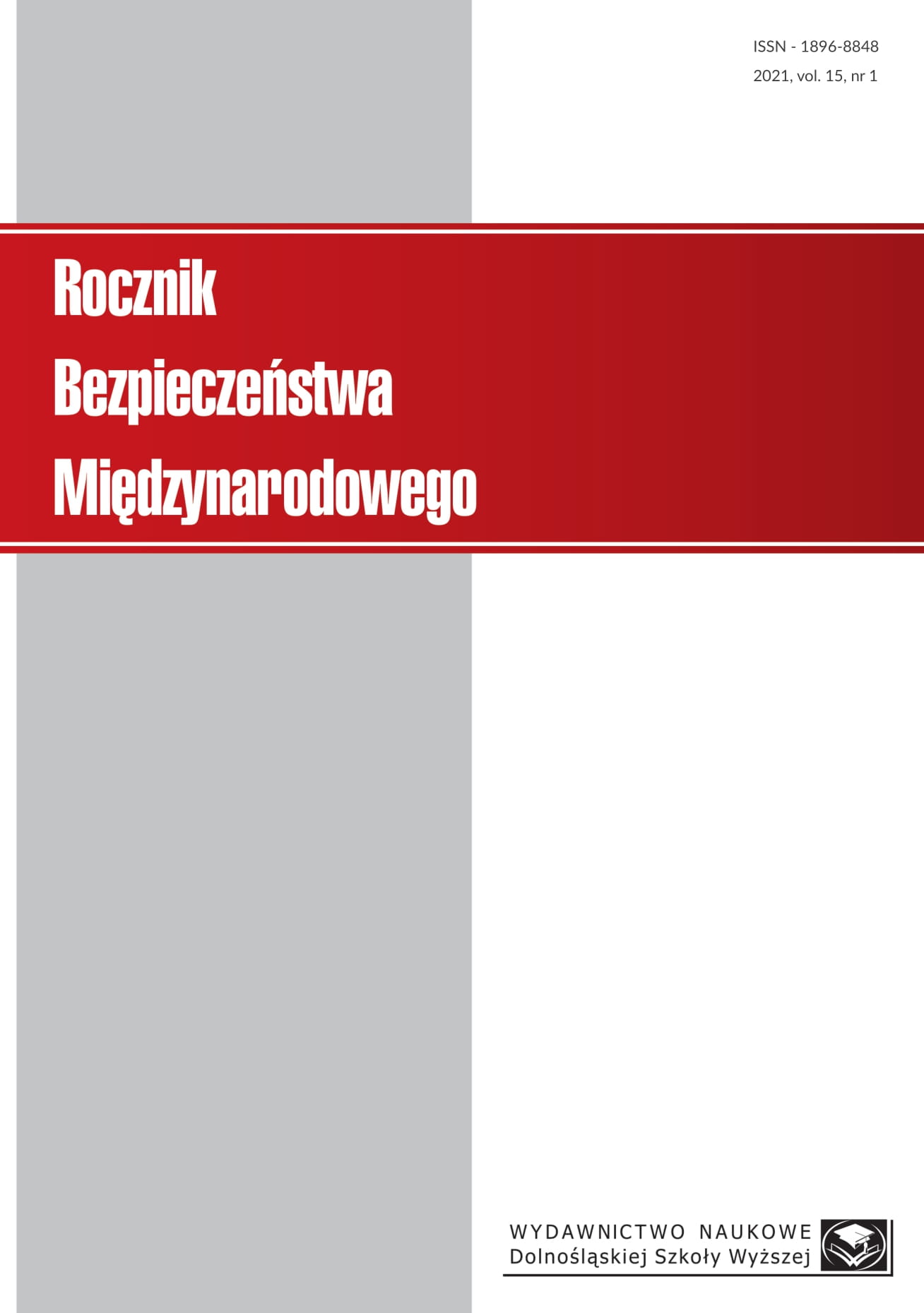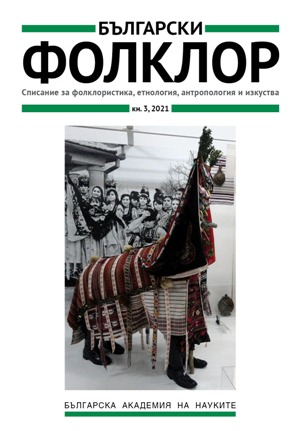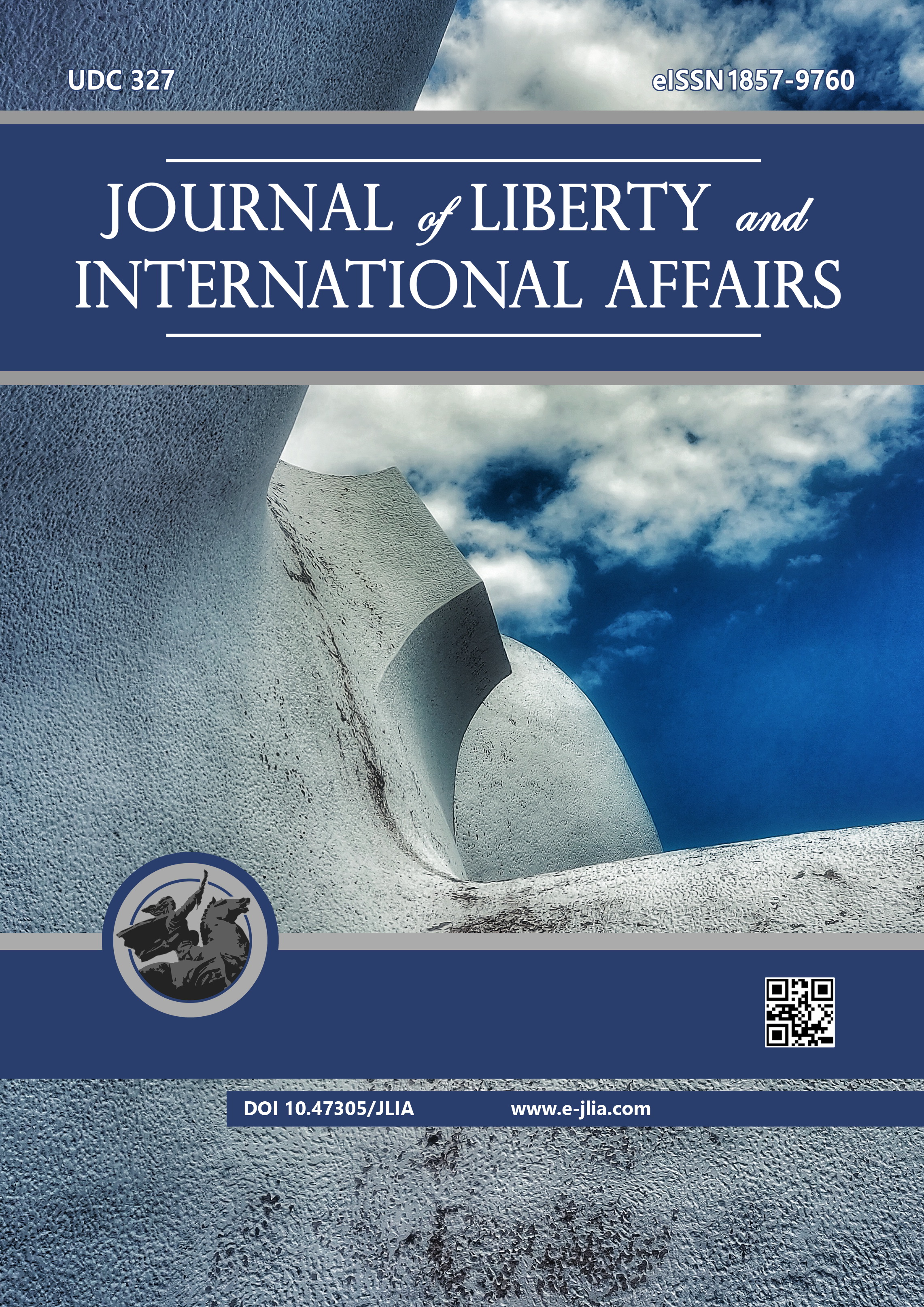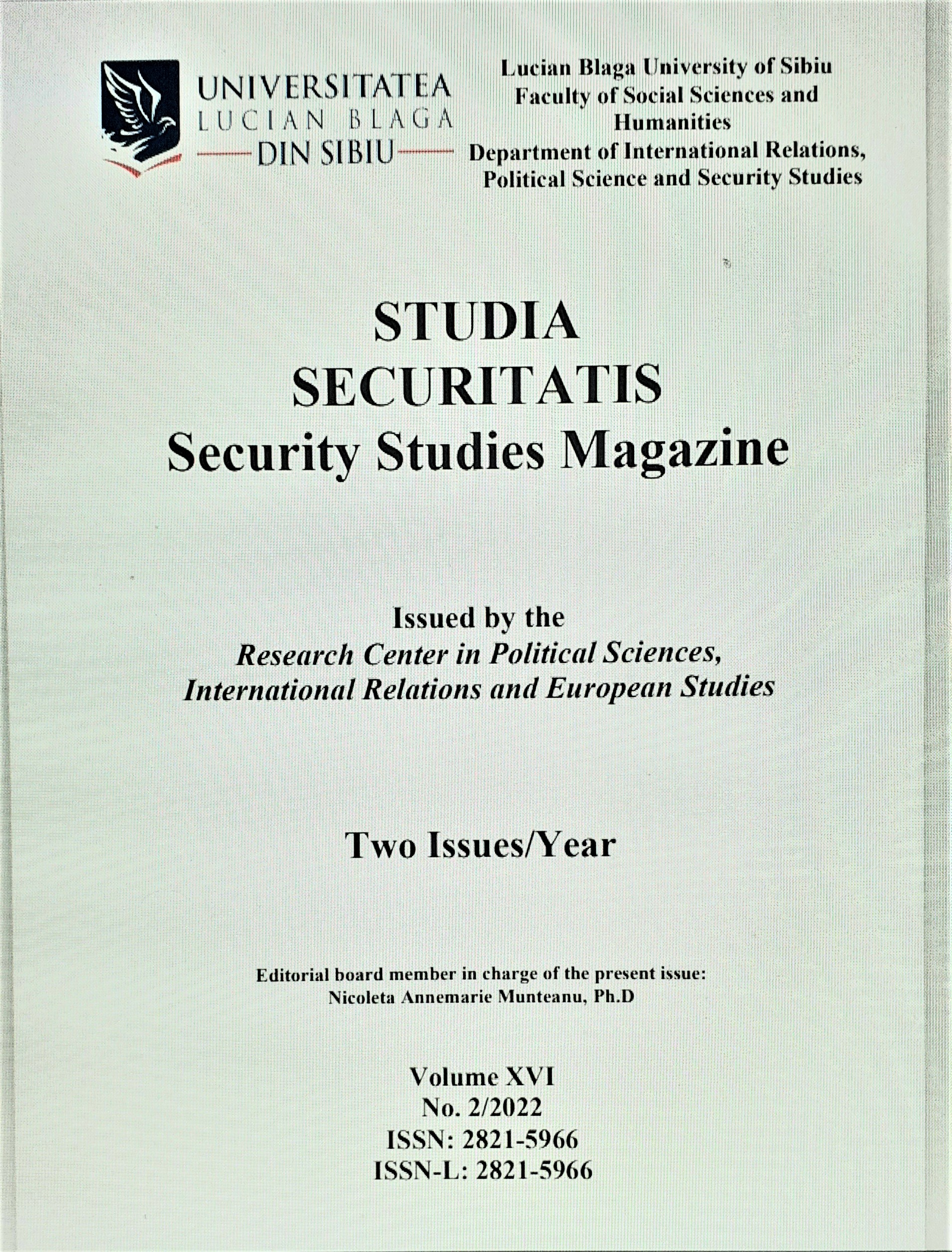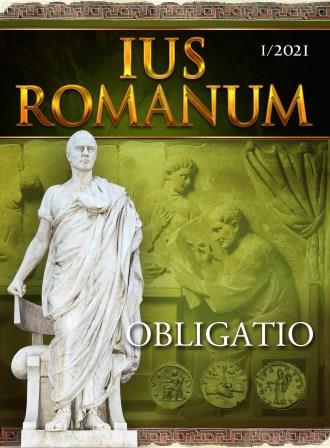
РАЗМИСЛИ ОТНОСНО РИМСКОТО И СЪВРЕМЕННОТО СХВАЩАНЕ ЗА ДОГОВОРА
The aim of this article is to highlight the importance of the Roman legal terminology on contracts, origin of modern basic concepts such as contract, pactum, agreement, transaction (with mutual sacrifices by the parties), or unilateral promise etc., very abundant, from the legal theory’s point of view, in the Roman law. This ancient law is, nowadays, an indispensable tool referring the dialogue between the most widespread traditions in the world, i. e., the Roman-Germanic and the Common Law. In order to do that, even between national laws belonging to a common legal tradition, the analysis of the genesis and nature of the legal concepts in Roman law constitutes a fundamental task of legal interpretation. A review of the traditional theory of the sources of obligations in Roman law is also necessary. This paper, besides, affords the discussion of the recent reform of the French Civil Code concerning the sources of obligations (2016), as well as some of the different initiatives about the international unification of private law.
More...
